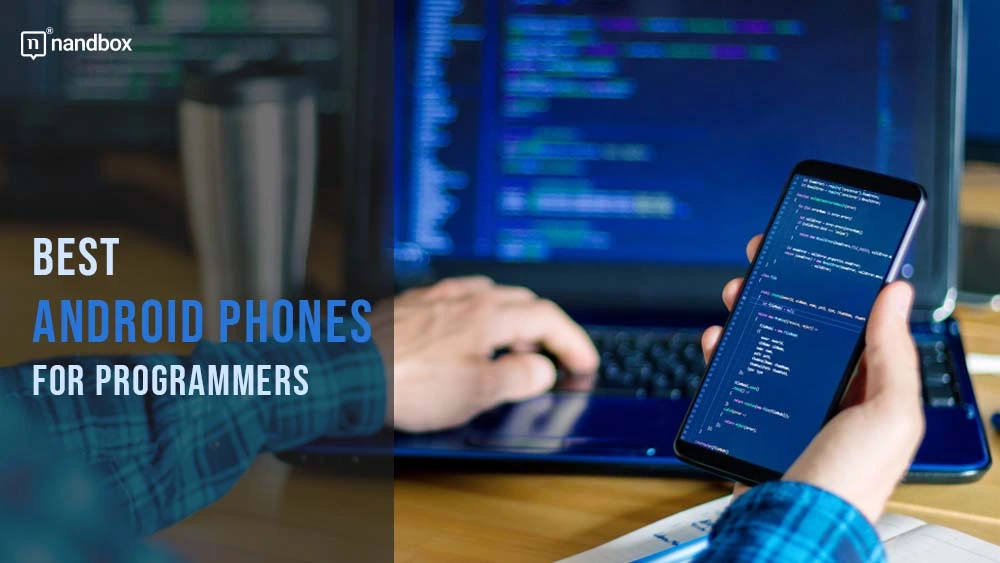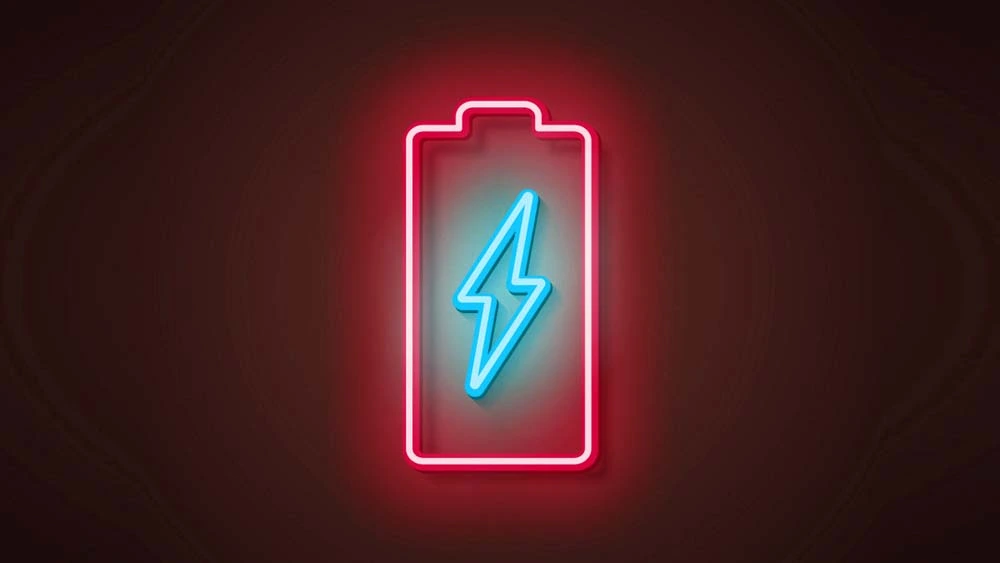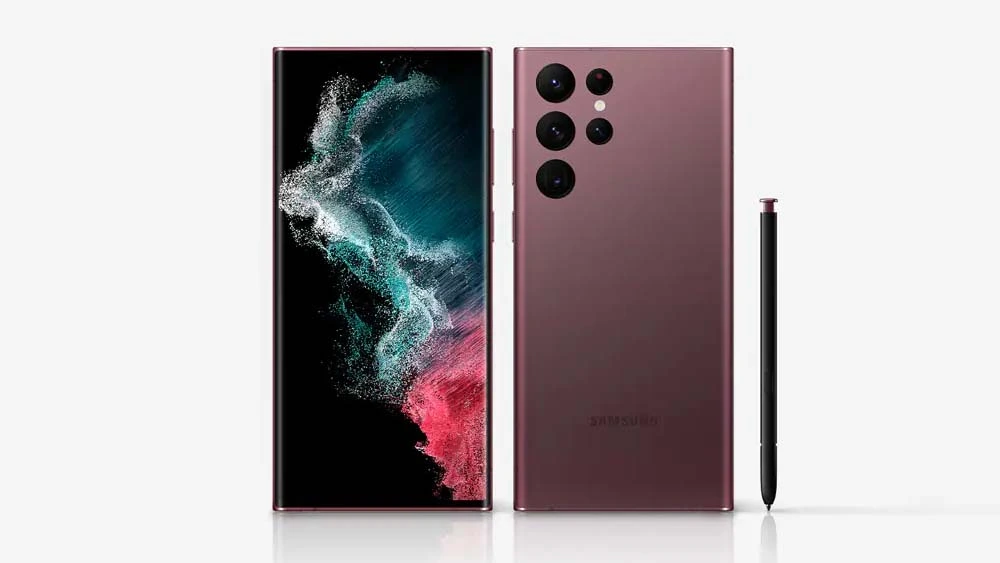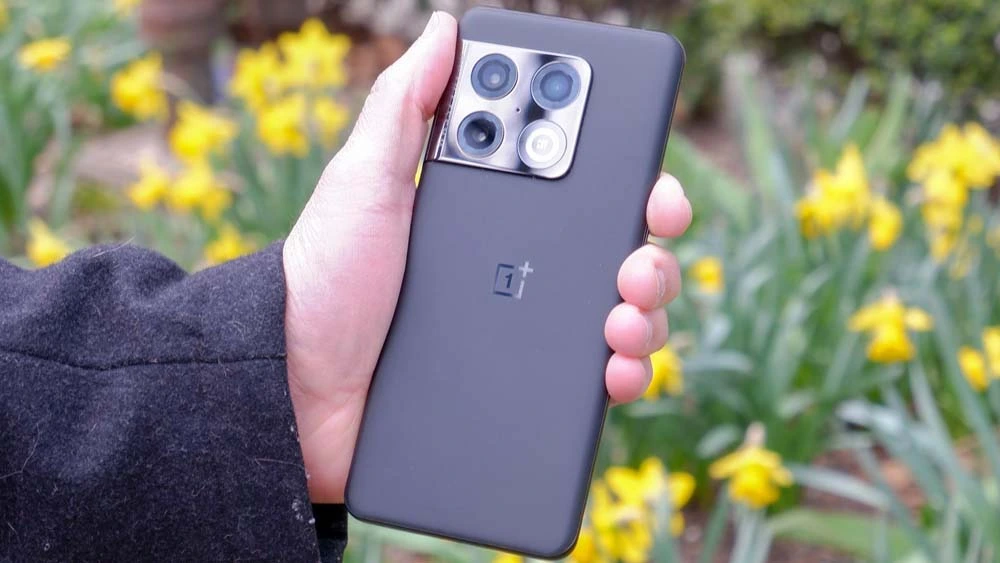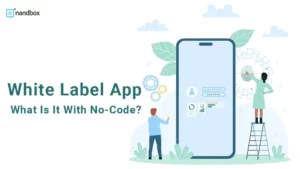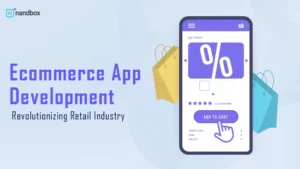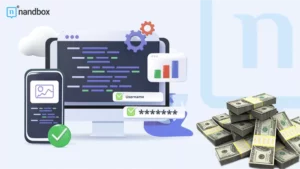The Best Phone for Programmers: Android Smartphones in 2023
Working as a programmer requires a lot of focus, creativity, and analytical skills. Naturally, they would need a mobile phone that kept up with their usage. This article lists the best phone for programmers, mentioning the specs to look for.
What Programmers Look for in Their Mobile Phones
Graphics
The acronym “GPU” refers to the central processing unit that handles visual data. It handles all video and image processing, making the CPU less taxed. It needs to be quick to process data to provide a smooth experience when using it for graphical tasks like playing games or watching videos.
Operating System
This is the initial choice that must be made. It will narrow down your choices significantly. Are you an iPhone devotee, or do you prefer the more diverse Android?
You can choose:
- There are a large number of Apple devotees who will only buy Apple products running on the iOS operating system. They should always have the newest iPhone in their hands.-
- Android: If you go with Android, you can pick from a huge selection of different brands and devices.
Every other OS failed miserably to make it in this cutthroat industry.
Processors
The performance of a smartphone relies heavily on the CPU. It needs to be quick enough so that your phone can operate efficiently without lagging.
Processors can have anywhere from two to eight cores. When referring to processors, “dual” means 2, “quad” means 4, and “octa” means 8. However, the processor’s clock speed, CPU architecture, manufacturer, and model are of greater significance. A dual-core processor from a reputable manufacturer like Qualcomm will outperform a quad-core or octa-core processor from a startup any day of the week.
RAM
The acronym RAM refers to “random access memory.” Applications, games, and the operating system all require temporary storage. The phone’s processing will be drastically reduced if the amount of RAM is below the typical minimum. Two years ago, 2 GB of RAM would have been sufficient, but now, with apps and games becoming more demanding, you need at least 4 GB of RAM to keep up. More RAM is always preferable.
Storage
In common usage, “storage” is synonymous with “read-only memory” because both terms describe the amount of space available on a device for storing data or media. This is where your music, apps, and photos will be stored once you’ve uploaded them to your device. In response to users’ ever-increasing demand for storage space, most modern smartphones ship with at least 16 GB and up to 128 GB.
It’s also worth noting that the amount of ROM your device has is always less than what you’re told it has because the operating system and any updates take up space. The available storage on your phone may decrease over time, prompting the need for an external storage solution.
Battery
Milliampere hours (mAh) are the unit of measurement for a battery’s capacity. However, other factors, such as the power efficiency of your phone’s operating system and software, the type of display, and the amount of usage, greatly impact battery life, so don’t assume that a higher mAh number means a longer battery life. Because of the increased power requirements of modern apps and displays, smartphone manufacturers have been compelled to equip their products with larger batteries in recent years.
Our Pick of the Top Android Phones for Programmers
#1: Best Overall: Samsung Galaxy S22 Ultra
Even the most discerning smartphone users will be impressed by the new Samsung Galaxy S22 Ultra, as it boasts the most cutting-edge technology available. The 6.8-inch OLED screen is absolutely gorgeous, with rich colors and crisp details.
With its Snapdragon 8 Gen 1 processor and 8GB of RAM, the device is capable of lightning-fast performance and seamless multitasking. A 108MP sensor is included in the rear camera setup, and the 128GB of built-in storage can be expanded with a microSD card. The Samsung Galaxy S22 Ultra is an excellent choice if you’re a power user or just want a sleek and feature-rich smartphone.
Specs:
- Processor: Snapdragon 8 Gen 1
- Display: 6.8-inch OLED (3200×1400)
- Rear Camera: Triple (10MP + 12MP + 108MP)
- Front Camera: Single (40MP)
- RAM: 8GB, 12GB
- Storage: 128GB, 256GB, 512GB, 1TB
- Battery: 5000mAh
#2: The Fastest: Google Pixel 6 Pro
This incredible smartphone packs a 6.71-inch OLED screen, a Tensor CPU, 12GB of RAM, and up to 512GB of storage. In addition, the back camera has a 50MP main sensor, a 12MP ultrawide sensor, and a 48MP 4x telephoto sensor. As for the front-facing camera, it sports a massive 11-megapixel sensor. The battery life of the Google Pixel 6 Pro is also impressive, lasting up to 7 hours and 49 minutes when using Adaptive mode and 7 hours and 55 minutes when using the 60Hz mode. Your favorite shows and the newest games will both run smoothly on this smartphone.
Specs:
- Processor: Tensor
- Display: 6.7-inch OLED (3120 x 1440)
- Rear Camera: 12MP + 48MP + 50MP
- Front Camera: 11MP
- RAM: 12GB
- Storage: 128GB/256GB/512GB
- Battery: 5000mAh
#3: OnePlus 10 Pro | 5G
The OnePlus 10 Pro is excellent if you want the best phone for programmers that is developer-friendly phone without breaking the bank. It has a Snapdragon 8 processor and 12 GB of RAM, making it capable of running even the most resource-intensive programs and games smoothly. In addition, the 6.67-inch screen is ideal for mobile development. When compared to other top-tier smartphones, it’s a steal.
It supports 5G networks and is compatible with the newest programming-related mobile apps.
- Processor: Snapdragon 8 Gen 1
- Display: 6.7 inches (1440 x 3216) pixels
- Storage: 128GB/256GB/512GB
- RAM: 8 GB/12 GB
- Battery: 5000mAh Li-Po
- Camera: 50 MP (4320p)
If you want to build a native app that will run smoothly on all phones, the best choice is the nandbox app builder. It’s a no-code app builder, meaning you won’t have to write or know any coding. And because the app will be native, it will make the best use of your phone’s capabilities. Sign up and try it now!

